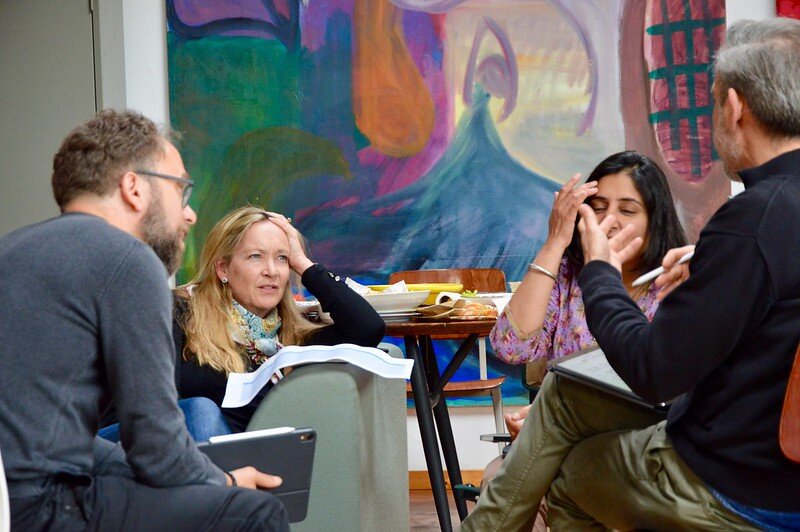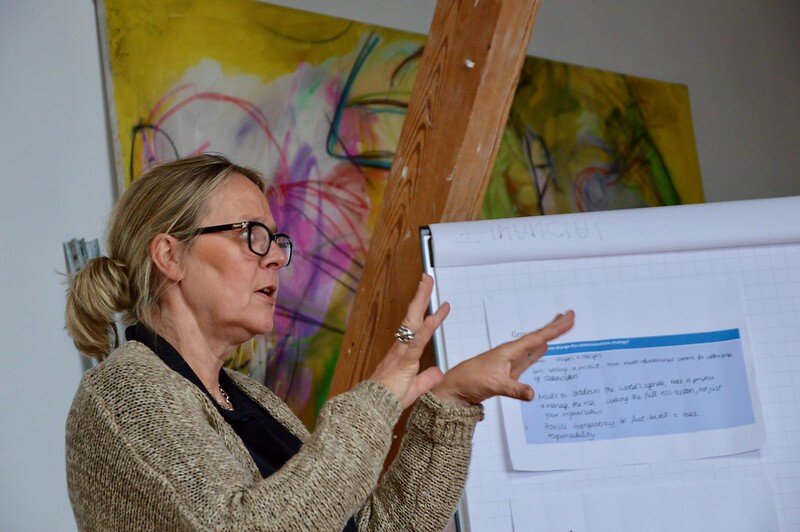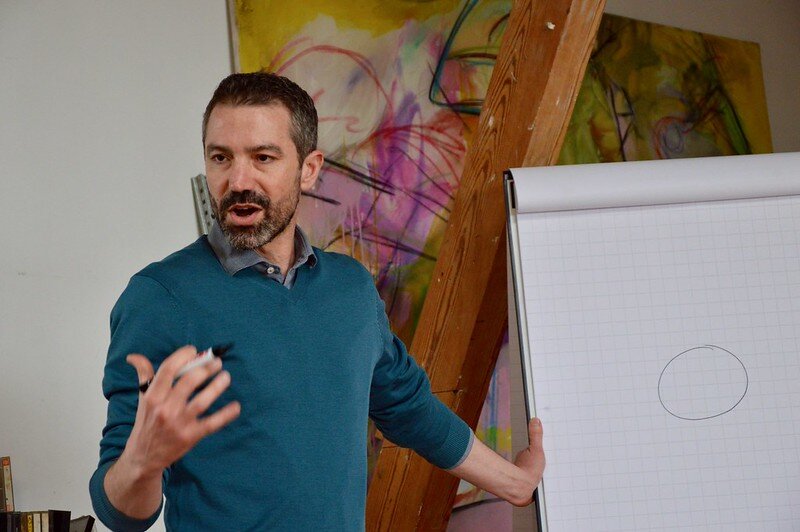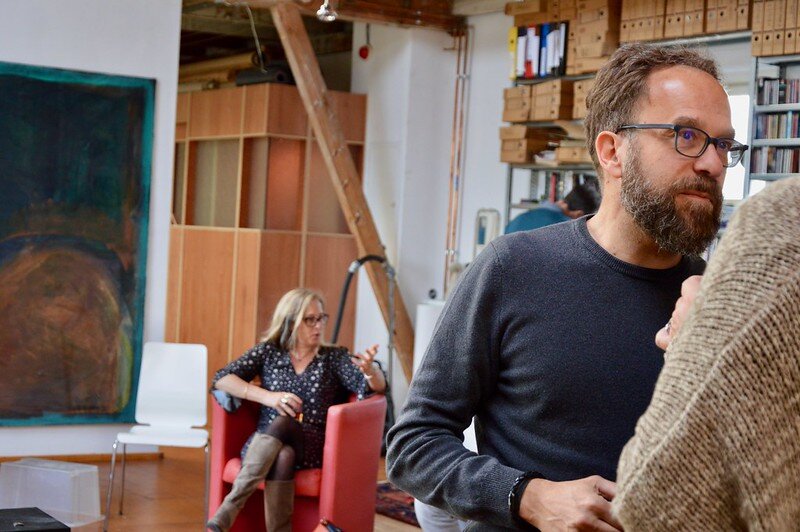May 2019, an artist’s studio in Amsterdam. A small group of communications & marketing professionals from diverse backgrounds had come together to explore, debate, address agency for their profession. Together they covered areas as broad as aviation, consulting, pharmaceuticals, insurance, academia and advocacy. They had been working together for a while, virtually and with a larger group of peers. The aim to put their ideas and dreams into an inspiring framework to guide and enable the communications and marketing function to become a force for good.
All the work that had been done so far would now find the light of day. Ideas were shared, opinions expressed, ambitions put forward, arguments told. It all converged and led to the idea of a co-author book, meant to inspire not only the larger peer community, but also beyond that, decision makers, business leaders, etc.
Post workshop, everyone went back to their daily lives, and all agreed to work on specific parts of the book idea, including detailed set-up, launch, work with the larger community, etc. A few of them continued to turn the thinking into an overarching manifesto, its purpose to bring professionals together to help accelerate change, to simply reflect our common future or to get aligned with generation Z.
Is the international communications and marketing community ready and willing to embrace a Manifesto for Communication Professionals for and to adopt a set of core principles to guide practice on social responsibility, including care for our planet? A Manifesto is only as good as the people that get behind it. What is your stance on the three principles below?
Three core principles to guide the practice of our trade
1. As communication professionals we consider ourselves to serve the global community as brokers of trust.
This means that we shall always be truthful and not knowingly facilitate others in being dishonest.2. We only work for organisations which recognise and act on their social responsibility.
This means that we will not work for organisations that consider profit as their highest goal.3. We shall engage audiences if we are also serving the interests of society, including the care for our planet.
This means that we are personally accountable for the impact of our work.
Do you want to support these principles, do you think they contribute to delivering the UN SDGs? Would it help you in the creation of your strategies and the impact you want to generate? I invite you to read the full Manifesto for Communication Professionals and do get in touch if you would like to get involved.





